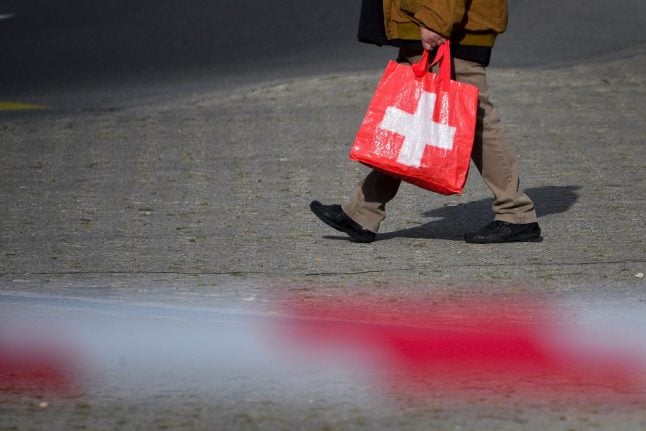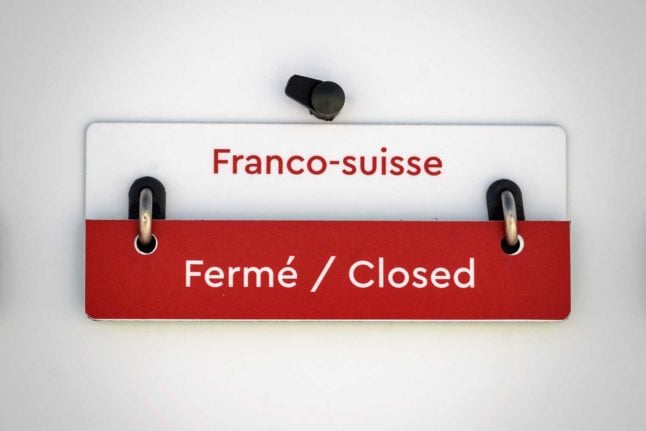According to the Swiss-Italian television channel RSI, many cars with Swiss license plates already crossed into Italy since June 3rd.
Some went to visit their families living on the other side of the border.
However, many went to Italy with the intention of shopping, as prices for groceries and other items are cheaper across the border than they are in Switzerland.
But cross-border shopping — whether in Italy, Germany, France, or Austria — remains banned.
According to the State Secretariat for Migration (SEM), border controls for those who return to Switzerland from Italy “will be intensified”.
What does this mean?
People who go into Italy for the sole purpose of shopping could be fined $100. And if the price of their purchases exceeds 300 francs, they will also have to pay the Value Added Tax (VAT).
However, there is a way to avoid the fines on cross-border shopping.
“The decision depends on the judgment of the Swiss border guard”, according to the RSI.
If, for example, residents of Switzerland go to Italy to visit a relative and, while doing so, they purchase some items, the primary goal of their trip will not be considered as a shopping expedition, and the fine will likely not be imposed.
However, “be ready to show at the border a photo taken with a mobile phone”, showing you and the relative, the RSI said.
But even though people from Switzerland will be allowed to go to Italy, they should do so at their own risk, Swiss authorities warned, as the Covid-19 situation in Italy “is still more delicate than in Switzerland”.
READ MORE: Switzerland warns against ‘premature’ travel to Italy
Also, people coming back to Switzerland from Italy could face border controls upon their return. For example, they may have to fill out special forms and produce a health certificate.
Italians won’t be able to enter Switzerland at all at this time, except for the cross-border G-permit holders who commute to their jobs in Switzerland each day.



 Please whitelist us to continue reading.
Please whitelist us to continue reading.
Member comments